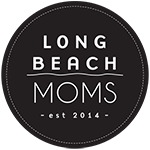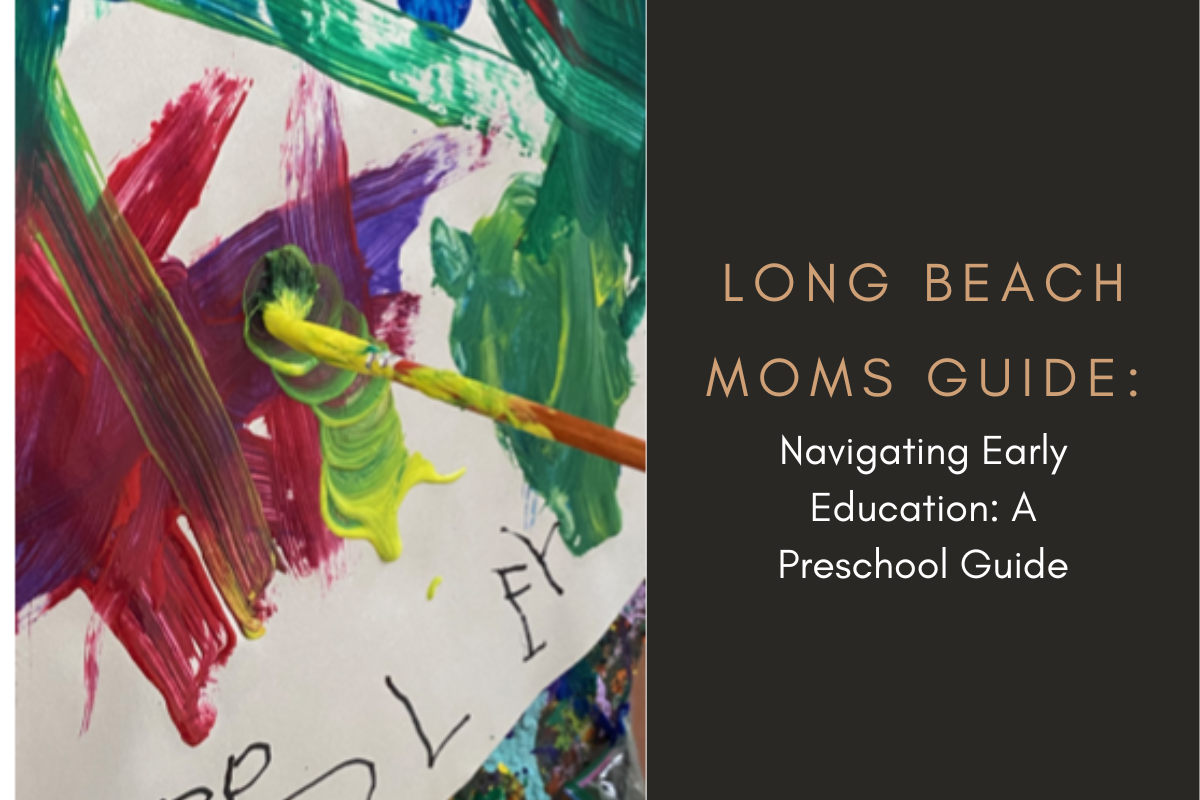Navigating Early Education: A Preschool Guide
Understanding Preschool Options:
Before diving in, it’s essential to know the different types of preschools available:
- Traditional Preschools: These offer a structured curriculum with a mix of play-based and educational activities. Learn more about our partner, The Heights Learning Academy
- Montessori Schools: Based on a child-centered approach, Montessori schools focus on independence, self-directed learning, and hands-on activities. Learn more about our partner, Maitri Montessori
- Play-Based Schools: These emphasize learning through play and social interactions, fostering creativity and imagination. Learn more about our partner, Kid Works Children’s Center
- Cooperative Preschools: Parents actively participate in classroom activities and decision-making, fostering a strong sense of community.
- Reggio Preschools: Reggio-style program of play-based learning to the children at a crucial developmental stage. Learn more about our partner, Alpert JCC Preschool
Research and Explore:
Take the time to research and visit different preschools in Long Beach. Here’s what you can do:
- Online Research: Browse preschool websites, read reviews, and gather basic information about their philosophy, programs, and admission process.
- Virtual Tours: Many preschools offer virtual tours, allowing you to get a feel for the environment and facilities.
- Open Houses: Attend open houses to meet teachers, staff, and other parents, and ask any questions you might have.
Consider Practicalities:
Keep the following practical aspects in mind while evaluating preschool options:
- Location: Consider the distance from your home or workplace. A convenient location can make the daily routine smoother.
- Schedule: Check if the preschool offers full-time or part-time options and if the timings align with your family’s schedules.
- Facilities: Assess the safety, cleanliness, and child-friendly setup of the facilities, including outdoor play areas.
Understand the preschool’s teaching philosophy and approach. Does it align with your values and goals for your child’s education?
- Curriculum: Inquire about the curriculum, educational goals, and how they balance playtime and learning activities.
- Teacher-Student Ratio: A lower ratio allows for more individual attention and a nurturing environment.
Parent Involvement:
Consider how involved you want to be in your child’s preschool experience.
- Cooperative vs. Traditional: Decide if you prefer a cooperative preschool where you actively participate, or a traditional one where parents have a less hands-on role.
Ask Questions:
Don’t hesitate to ask questions during visits or interviews:
- What is the daily routine like?
- How do teachers handle discipline and behavior?
- How do they communicate with parents?
- What is the approach to handling allergies or medical needs?
Trust Your Instincts:
Ultimately, go with your gut feeling. A preschool might tick all the boxes, but it’s crucial to feel comfortable and confident in your choice.
Remember, every child is unique, and the best preschool will be the one that suits your child’s personality, your family’s values, and your logistical needs. Good luck on this exciting journey of finding the perfect preschool for your little one!





